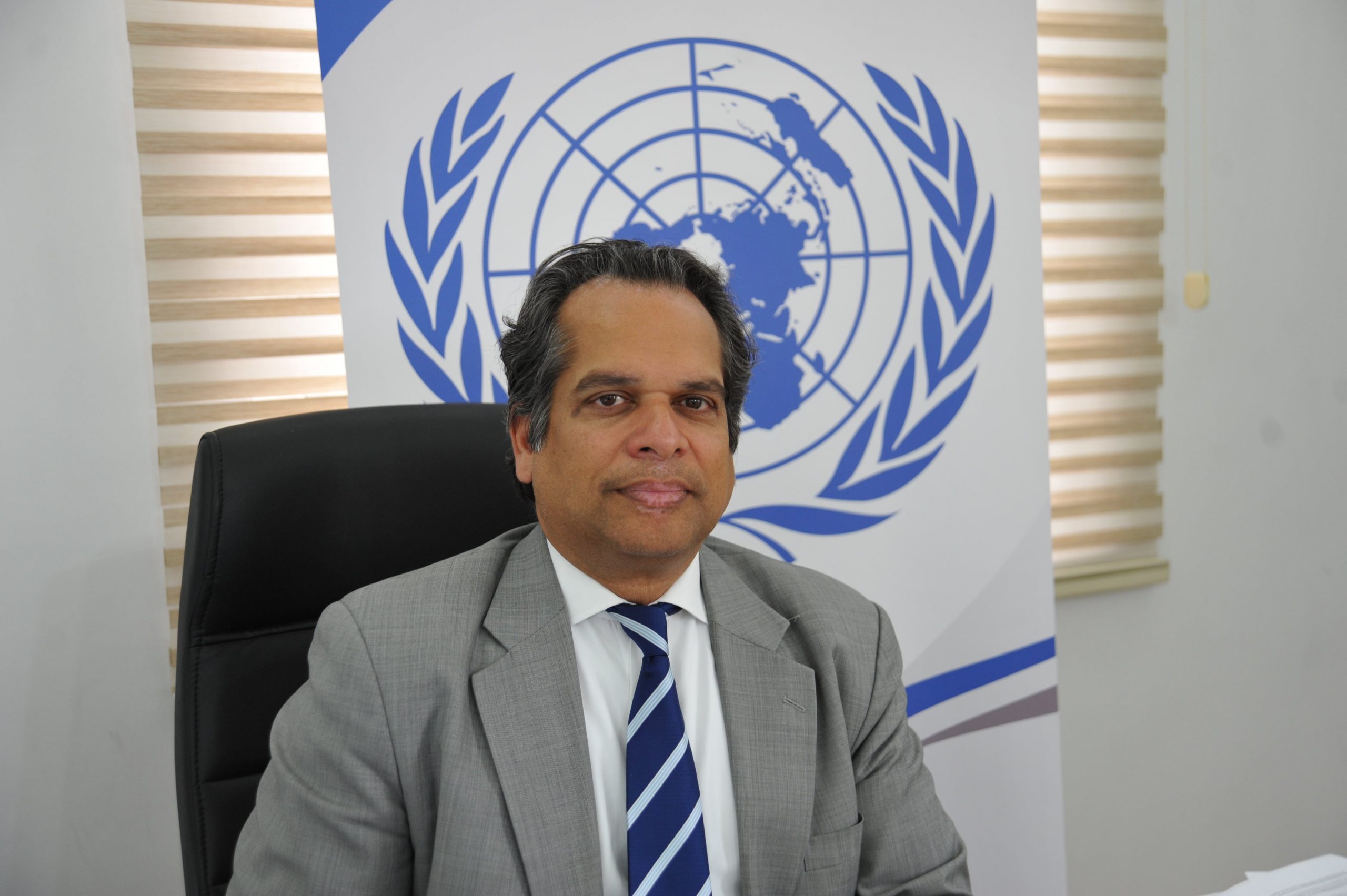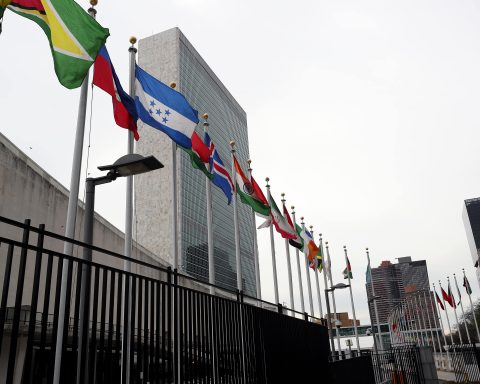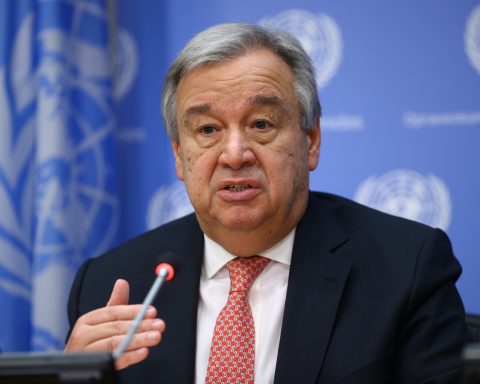According to a top UN humanitarian official, the UN will require $3.9 billion this year to assist millions of people in Yemen’s war-torn country.
Ramesh Rajasingham, the UN’s Acting Assistant Secretary-General for Humanitarian Affairs and Deputy Emergency Relief Coordinator, told the UN Security Council on Wednesday that “the biggest constraint right now is funding” in aiding Yemen’s 16 million people, who have been trapped in a civil war for more than seven years.
In December, intensifying military action in Yemen displaced over 15,000 people, killed or injured over 350 civilians, and left the Arab world’s poorest country facing mounting starvation and economic collapse with no political solution in sight, according to the UN.
“I call on all donors to sustain – and if possible, to increase – their support this year,” Rajasingham said.
He went on to say that financing has been declining in recent years, with just %58 of last year’s response plan financed and the UN World Food Programme announcing cuts to its aid budget for eight million people in December.
“Other vital programs, including water, protection and reproductive health services, have also been forced to scale back or close in recent weeks for lack of funds,” Rajasingham said.
Aside from financing, humanitarian access and security continue to be major barriers to relief.
On Wednesday, the UN issued a warning about the country’s ongoing hostilities, claiming that the warring sides had stepped up their attempts to claim victory on the battlefield.
The parties to the crisis “are doubling down on military options,” Hans Grundberg, the UN Secretary-General’s Envoy to Yemen, told the Security Council.
“Seven years down the road of war, the prevailing belief of all warring sides seems to be that inflicting sufficient harm on the other will force them into submission. However, there is no sustainable long-term solution to be found on the battlefield,” he said.
Instead, the sides should go to the negotiation table, “even if they are not ready to put down their arms,” Grundberg said.
According to Grundberg, the country appeared to be “entering an escalatory cycle with predictable devastating implications for civilians and the immediate prospects of peace.”














